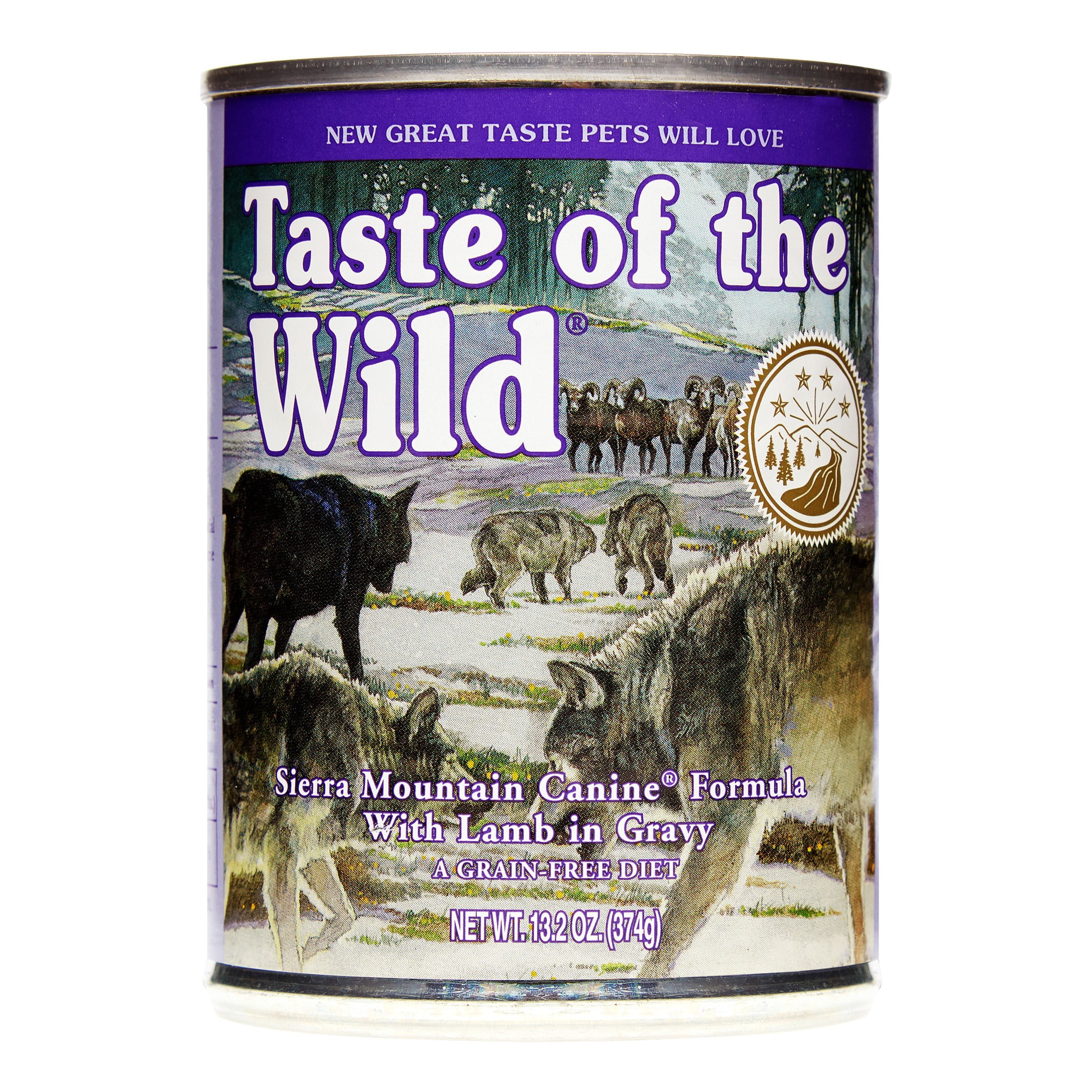

The level of lead in the Taste of the Wild dog food lawsuit is far higher than the NRC’s safe limit for human food. In the latter case, the maximum level of lead in pet food is around 12.200 mcg/kg. While the FDA’s maximum level of lead in human food is barely measurable, it is much higher for dogs.


They are now required to warn consumers of contaminated pet food, and they are now facing a class-action lawsuit over this problem. Despite the high level of lead in their dog food, the company has repeatedly failed to comply with federal regulations. In addition to the company’s efforts to compensate consumers, they have defended themselves in a class-action lawsuit against Diamond Pet Foods. The company has also been accused of misleading consumers to increase profits.įortunately, the company has responded to the complaints promptly.
#Taste of the wild case free
They claim that the product is not free of contaminants, but contains toxins that can harm dogs. The plaintiffs filed their lawsuit against the defendants in the Eastern District of California. District Court for the Eastern District of California. The company has denied the allegations and is now suing on behalf of the class of buyers. In a statement, the company claimed that the food was “based on the pet’s ancestral diet.” However, studies by the Environmental Working Group (EWG) have shown that the company failed to disclose the toxic elements in its products. The complaint alleges that the company failed to disclose the presence of toxic materials in their products. The firm has also filed a separate class-action lawsuit against Diamond Pet Foods based on similar claims. The law firm is representing a class of consumers who have purchased the contaminated products. In the meantime, the firm has received over a million complaints and ceased manufacturing certain products. In the meantime, the company has not issued any further recalls of its canned and dry dog food. Schell & Kampeter Inc., d/b/a Diamond Pet Foods et al., filed in May 2012, was settled for $2 million, with consumers receiving 10 checks for veterinary bills. The firm has pledged to monitor the production of its products, but this may not be enough. A class-action lawsuit filed in 2018 by Martin Grossman alleges that the company’s pet food is contaminated with several chemicals that can cause severe health problems in dogs. The FDA is investigating whether some of the products contain harmful chemicals, and there have been numerous recalls. A taste of the wild dog food lawsuit has been filed against the company, which is involved in making several brands of pet food.


 0 kommentar(er)
0 kommentar(er)
